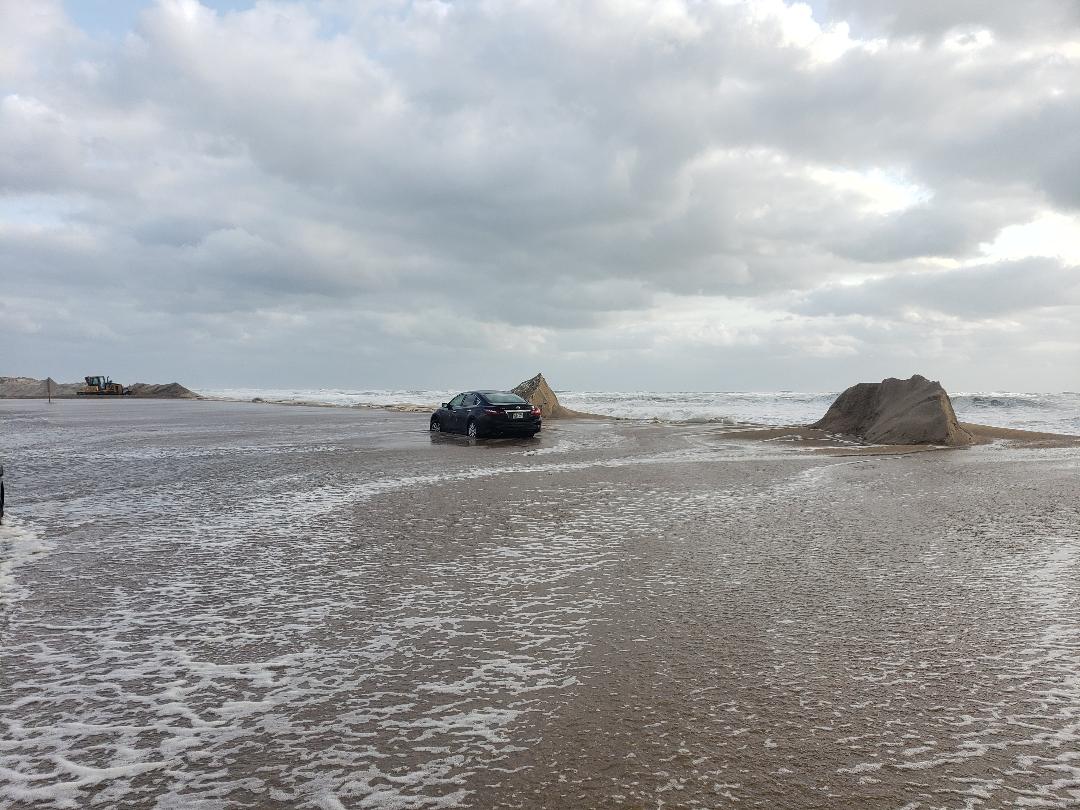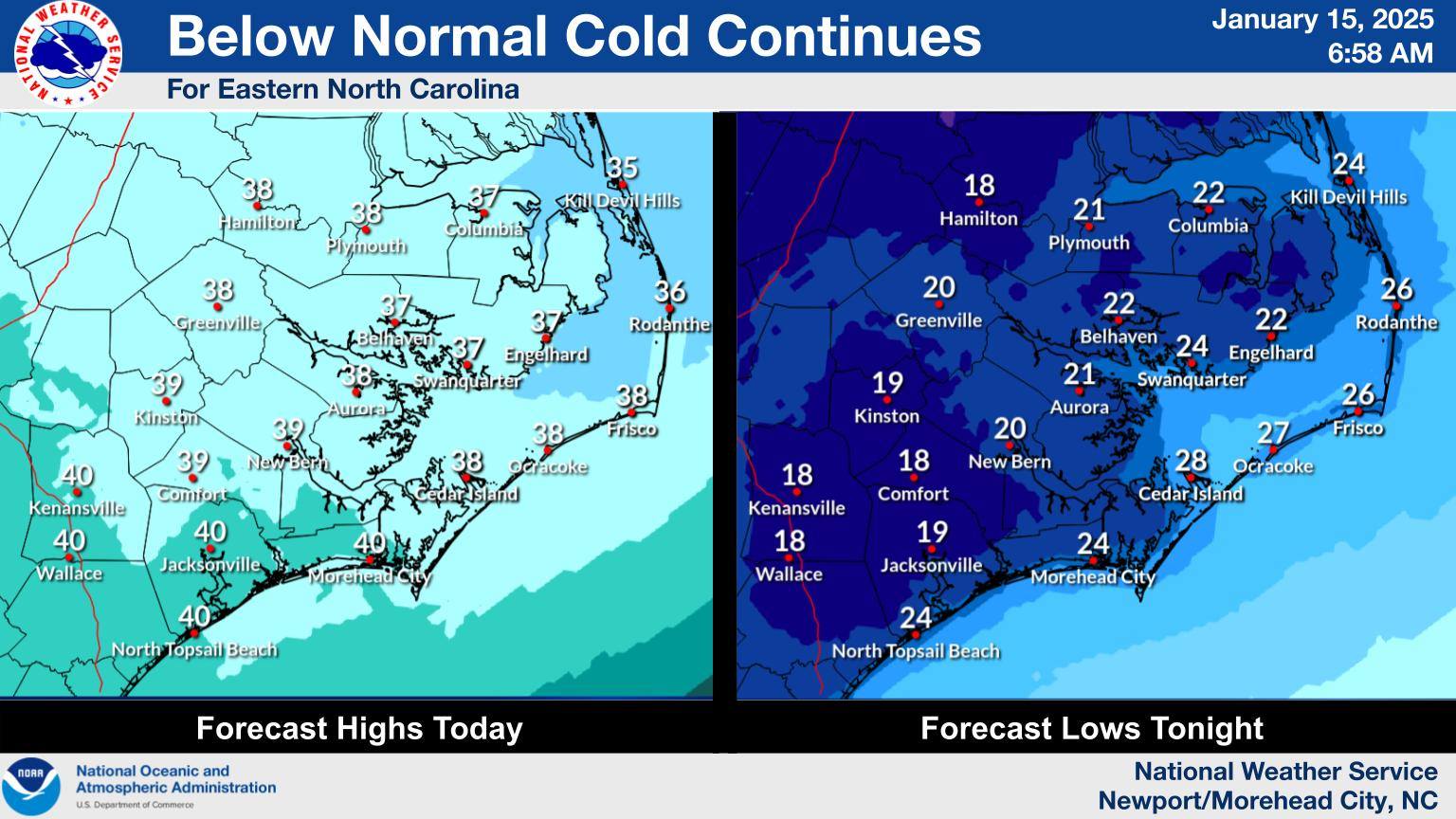The General Assembly: A tale of two sessions
There were two sessions of the North Carolina General Assembly last week in Raleigh, one aimed at disaster recovery that resulted in unanimous approval, and one that ended in acrimony, and dozens of arrests after House and Senate leaders pushed through broad government restructuring legislation that dialed back the powers of incoming governor Roy Cooper.
The vastly different sessions will both influence how the state does business in coming years.
The Disaster Recovery Act of 2016 sends roughly $175 million to eastern North Carolina to assist communities hit by flooding after Hurricane Matthew. Often described by legislators as a down payment in a longer-term recovery program, the legislation also establishes a framework for how, and potentially where, rebuilding will see further state support.
The bill includes another $25 million to cover the cost of fighting wildfires in western North Carolina.
The disaster funding was approved in by unanimous votes in the House and Senate Thursday at around 2 p.m. Wednesday.
Minutes after closing the disaster-related special session, House and Senate leaders opened a new special session, the legislature’s fourth of the year.
Although 28 bills were introduced shortly after the session opened, only a handful made it to a vote. Included were two last-minute appointments requested by outgoing Gov. Pat McCrory and two bills that together restructured the state judicial branch, revamped the governance of elections oversight, slashed the number of employees the governor can hire and fire and took away all of the governor’s appointments to University of North Carolina system boards of trustees.
The move, which proponents called long-needed reforms, triggered sizable protests. The final votes of the session, the legality of which was challenged by Democratic legislators, were taken while protesters rapped on the doors of the galleries, which had been cleared and locked. Over two days, more than 50 people were arrested.
REGULATORY REFORM DIES AGAIN
One bill that was introduced but failed to come up for a vote was a revival of the Regulatory Reform Act of 2016 that included a number of rollbacks in environmental protections. The bill was similar to one left hanging at the end of the regular session in July.
In an interview after the special session, Rep. Chuck McGrady, R-Henderson, who introduced the legislation, said the bill represented most of the compromises struck late in the regular session. But McGrady said senate negotiators still wanted to see further changes to wind energy, electronics recycling and alcohol regulations opposed by the House.
“We tried to run a bill that stripped out all those provisions and the Senate just wouldn’t agree to take the bill, therefore the House didn’t take up the bill.”
McGrady said he didn’t agree with all of the provisions in the bill, but that it fairly represented the compromise.
The legislation included a doubling of the allowable amount of streambed damage during development and loosening of stormwater, buffer and sandbag rules.
“I’m not at all unhappy that the bill didn’t pass because I think that frankly we can pick it up in a few months and get it right,” he said.
MAJOR CHANGES
The bills that did pass in the last special session of 2016 include substantial changes in how state government operates.
Senate Bill 4, the Bi-Partisan Ethics, Elections and Court Reform Act, creates a new State Board of Elections and Ethics Enforcement, merging the state Board of Elections and the state Elections Commission. Unlike the current seven-member state board of elections, which tilts in favor of the governor’s party, the new eight-member board will be split evenly between the parties. Major rulings would require a vote of six members.
The current three-member county boards of elections, which have a majority two members from the party of the governor, will grow to four, and will be split evenly between the parties. A further provision would effectively designate the GOP representatives’ control of the board during General Assembly election years.
The bill, which was signed by McCrory shortly after it landed on landed on his desk Friday afternoon, also changes the state appeals process by routing certain types of cases that now head from a three-judge panel directly to the state Supreme Court. The change affects constitutional challenges, which could now be appealed to the full Court of Appeals by a losing party.
Opponents of the move say the provision is a legislative reaction to the recent shift in the partisan makeup of the state Supreme Court and a group of recent losses under the current system. Losses include McCrory v. Berger, which shot down a legislative attempt to set up a coal ash oversight board and two other boards with a majority of members appointed by the General Assembly.
House Bill 17, Modify Certain Appointments/Employment, reduces the number of positions appointed by the governor from 1,500, granted under McCrory, to 425, which was close to the number employed at the beginning of former Gov. Bev Perdue’s final year in office in 2012. The change puts hundreds of state employees appointed by McCrory under the State Personnel Act.
While the new governor will retain hiring and firing authority for the upper management and policy levels of each department, he’ll face another layer of scrutiny at the very top.
The bill, which McCrory has yet to sign, grants the Senate advice and consent power over all cabinet appointments. Under the provision, any Cooper appointments made prior to the upcoming session of the legislature could be rejected through a Senate resolution.
The appointments subject to Senate approval includes Secretary of Environmental Quality and the Secretary of Cultural and Natural Resources.
Cooper’s transition team is currently vetting candidates for top positions in both department and is expected to name new secretaries to head them up soon after taking office on Jan. 1, 2017.
In addition, the bill also shifts much of the power over the K-12 education from the state school board to the Office of Superintendent and eliminates all of the governor’s appointment powers for boards of trustees of UNC system campuses.
As the session unfolded, Cooper said he is considering a court fight over some of the provisions.
“I will use every tool in the Governor’s Office to fight for everyday North Carolinians, including the courts if necessary,” Cooper said in a statement. “If I believe that laws passed by the legislature hurt working families and are unconstitutional, they will see me in court, and they don’t have a very good track record there.”
DISASTER RELIEF HAS CAVEATS
Legislators made good on their promise of a substantial down payment in disaster funds for flooded communities in the east as a result of Hurricane Matthew and fighting wildfires in the west with a unanimous vote in both chambers Thursday.
But the bill, which provides $200.8 million in additional state funding for disaster relief, wasn’t just about money. In addition to the down payment in funding, Gov. Pat McCrory and legislators said the state must also begin re-examining its policies on rebuilding and resiliency and the new legislation includes several related policy provisions. Some are early indications that, in addition to encouraging buyouts of residences and businesses, the state will start to make it more difficult and more expensive for rebuilding in flood-prone areas.
The bill provides an initial $30 million in aid for redevelopment and infrastructure outside of the 100-year floodplain and a provision that explicitly prevents any use of state funds in the act to be used for building any new residences in the 100-year floodplain. The only exception is when the project meets the requirements in a local floodplain management ordinance. In addition, homeowners who receive state assistance now and in the future will also be required to have flood insurance. In his remarks to House and Senate committees, McCrory urged the legislature to not just help Matthew’s victims but to look for “long-term sustainable, resilient results” in areas the areas hit.
“You’ve got some of these communities that are going to have remake themselves,” Senate Majority Leader Harry Brown, R-Onslow, said in an interview with Coastal Review. “Some of these communities right on these rivers are just going to have to face the fact that you can’t build there again and that’s not going to be easy. That’s re-establishing a community and that’s tough.”
Brown said there is definitely another round of state legislation coming early in next year’s session and legislators may have to move funding around once more is known about damage in the hardest hit areas.
“We’ll have to adjust when we get more information,” he said. “This is going to be a long-term process. It takes a long time to truly understand what all the needs are.”
While the coastal counties fared much better than those just inland, there is still concern about the effect on inlets and other critical spots like New River Inlet. “New River Inlet has got problems, Brown said. “We had dredging, but this storm has kind of messed that back up, so there’s issues there.”
Additional dredging money is possible, he said, once a better assessment of the inlets is in and schedules can be worked out with dredging companies.
Both Brown and Sen. Bill Rabon, R-Brunswick, said the flooding underlines the challenge of controlling flooding downstream from high-growth areas, likely another area the legislature will study.
“We’re probably going to have to look at all the river basins, because times have changed. There are so many more people, so much more runoff,” Rabon said.
With heavy growth continuing unabated especially upstream in the Piedmont, Rabon said the state may have to consider new approaches such as adding additional lakes between the coast and the high growth regions.
For now, legislators say the urgency is to deal with the basics, especially in getting people back into permanent housing. About 1,500 North Carolina households are in temporary housing.
“I hope we can get people who have been displaced back into their communities. I hope we can get people who have lost their homes, lost everything, who can’t go back into their own (homes) permanent shelter as quickly as possible,” Rabon said. “I’ve think we’ve got enough out there to do that, but to make them whole, that’s going to take some time and though and we’re going to have to find out who needs what.”
Brown said one problem to address brought up in debate is that while aid is flowing, navigating the support system is too difficult.
‘“I think the real challenge is letting people know where to get help,” he said.
Funding in the Disaster Recovery Act includes:
Disaster Recovery Act
Bi-partisan Ethics, Elections and Court Reform
House Bill 17
(This article is provided by Coastal Review Online, an online news service covering North Carolina’s coast. For more news, features, and information about the coast, go to www.coastalreview.org.)













